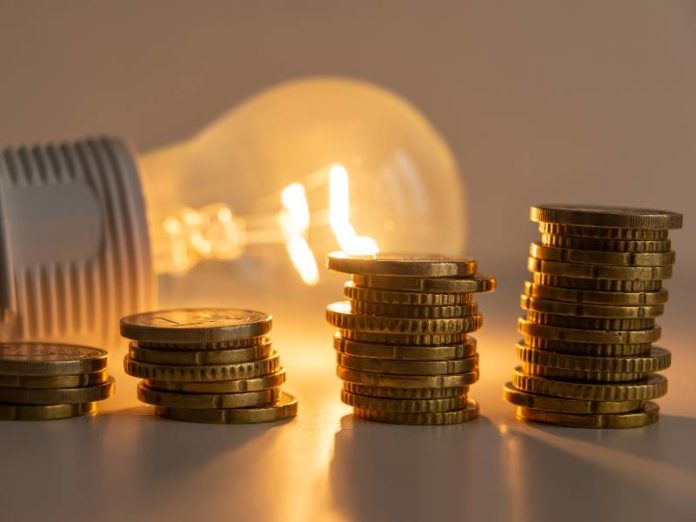
Image: 123rf
Consisting of TSOs Elia and 50Hertz – as well as Elia Grid International and WindGrid – the Group’s study “Powering Industry towards Net Zero” notes that electrification combined with access to low-carbon electrons at stable and affordable prices will be essential if net zero goals are to be reached.
Additionally, electrification together with access to renewable energy through long-term commitments (via power purchase agreements or renewable energy production) will offer companies long-term price stability and protection against price inflation in the gas and electricity markets.
“While the conclusion might sound straightforward, its implementation will be a Herculean task. It will mean putting in maximum effort at a time of rising interest rates and inflation. In addition to major investments in industrial electrification and renewable generation, important ‘leading’ investments in grid infrastructure and digitalisation will be needed to make this industrial transformation a success,” said Chris Peeters, Elia Group CEO.
“More cooperation between industry, the electricity sector and public authorities will therefore be needed, including with regulators and local authorities.”
Five key findings:
• Industrial electricity consumption will increase by 40-50% in the run-up to 2030. Electrification and the accelerated development of renewables is the main tool for reducing exposure to fossil fuels over the next two decades.
• In all investigated scenarios, electrification will play a major role in industry’s journey to net zero. Building out leading grid infrastructure is therefore critical for keeping pace with industry’s electrification ambitions, attracting new innovation projects and anchoring industry in Europe.
• There will be a gradual shift towards low-carbon (green) molecules in heavy industry with an increase in volume demand beyond 2030. A vast amount of green molecules will need to be imported.
• Industrial flexibility lowers future energy costs and benefits the power system in multiple ways. It will therefore become an inherent part of future business cases.
• Carbon Capture, Utilisation and Storage (CCUS) will be essential for dealing with unavoidable process emissions and will have an important effect on power consumption.
“There is a growing understanding that integrating more renewables and connecting markets are flattening price curves…Grid operators will only be able to anticipate the grid infrastructure that industry requires on its pathway to net zero if they understand industry’s need for green electricity at an early stage,” added Stefan Kapferer, CEO of 50Hertz.
Four key levers
To enable the industrial transition towards net zero and anchor it in Europe, four key levers have been identified:
• To kick start electrification, industry needs favourable political and regulatory frameworks in place.
The electrification of industry ticks all the right boxes. The technology required to facilitate this process is mature and ready to be rolled out at scale. However, not all investments in electrification that anticipate the future have a clear business case from the start. The right policy measures and incentives are needed to ensure that early investments in industrial electrification and flexibility will take off.
• Speed up the development of RES (Renewable Energy Sources) to drive prices down for society and industry.
The electrification of industry requires access to affordable, low-carbon electrons. The accelerated development of renewables (both domestic and foreign, through imports) is needed to drive down electricity prices. To ensure that the benefits of renewables are felt by consumers, mechanisms like PPAs, CfDs or direct investment in RES are necessary. Barriers to participation need to be reduced. As green electrons will be scarce in Belgium and Germany, investments in import capacity for green molecules will be required.
• Accelerate the build-out of the transmission grid as an enabler for industrial transition.
An early view of the future needs of industrial clusters is key to making sure the right electricity transmission infrastructure is developed in time. The regulatory framework must allow for anticipatory grid investments to keep pace with the industrial transition. Project lead times for grid infrastructure (study, permits, realisation) must be shortened significantly. Finally, a technically skilled workforce and a stable supply chain that can scale up its products and the right investment framework need to be put in place to enable successful realisation of infrastructure projects.
• Foster flexibility as a double accelerator for industrial electrification
The continued development of flexibility in industrial power demand will enable the uptake of industrial electrification in several ways. Flexibility facilitates the integration of renewables into the system, optimises electricity costs for industry and eases the connection of industry to the grid by tackling potential congestion.